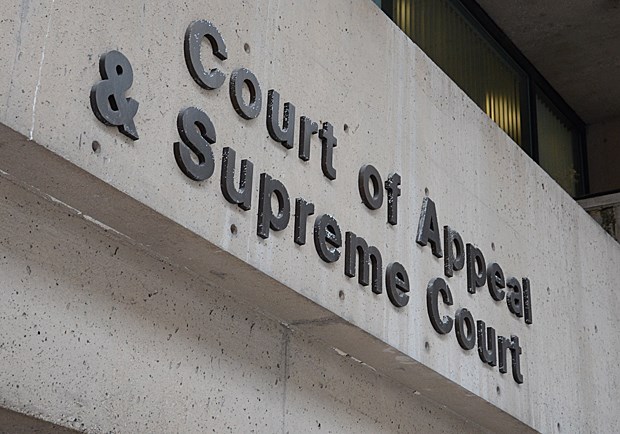A B.C. Supreme Court justice has tossed out a lawsuit from the former owners of the Capilano Mobile Home Park which claimed the Squamish Nation had unjustly enriched itself by taking over their business.
The legal loss, following a January hearing in B.C. Supreme Court, is just the latest chapter in a long series of court battles over the mobile home park located on Squamish Nation land near to the Lions Gate Bridge.
Members of the Baker family formed a partnership that operated the mobile park for 40 years, but refused to sign a new five-year lease when the last lease ran out in 2008.
Eventually they also stopped paying rent to the band, arguing that the land had been granted to their family by then-chief Joe Capilano in a verbal contract.
“Aboriginal law supersedes all their paper law,” said Klatle-Bhi, a nephew of the owners who was representing the Bakers at the time.
The courts, however, didn’t agree and awarded damages of almost $500,000 to the Squamish Nation.
The courts also awarded buildings and other equipment at the mobile home park to the band after the former owners of the business made no attempts to pay the damages awarded.
In handing down her decision tossing out the claim of unjust enrichment by the band, Justice Mary Marvyn Koenigsberg said there was no value to the mobile home park business that could be separated from occupying those lands and no alternative location from which they could operate their business.
“Without the land there was no business,” she wrote.
Following several court cases between the Squamish and the former owners of the mobile home park, in 2012 the Law Society of B.C. launched an investigation after an appeal court justice raised concerns that the Bakers were being represented in court by Charles Daniel Sam, also known as Klatle-Bhi, who was not a lawyer.
In October 2013, both Klatle-Bhi and his associate Lucius Tyler Lewis, also known as Tah-Sun-Quay-Ton, agreed as part of a B.C. Supreme Court order not to appear as legal advocates or give legal advice for a fee or financial gain unless they become lawyers.



